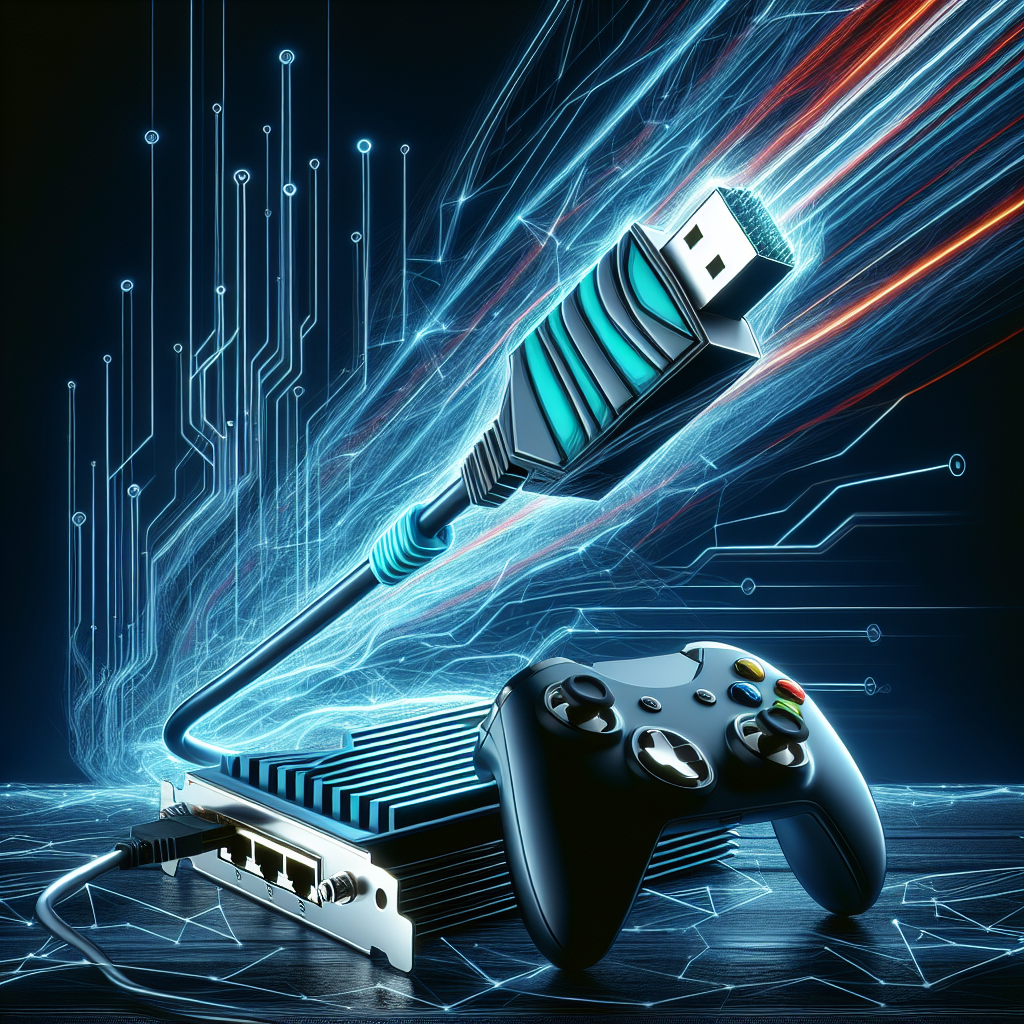
Optimizing your network adapter for gaming can significantly enhance your overall gaming experience. By adjusting specific settings, you can achieve lower latency, reduced lag, and better connection stability. Below, we will delve into the best settings you should tweak to get the best performance out of your network adapter.
Understanding Your Network Adapter
Your network adapter is the hardware component that allows your computer to communicate with your local network and the internet. By default, network adapters come with settings that cater to a broad range of uses, but for gaming, these settings might not be optimal. Let’s look at how to configure these settings effectively.
TCP/IP Offload Settings
TCP/IP Offload relieves your CPU of packet processing by enabling your network adapter to handle it. However, in gaming, this can sometimes introduce latency. Disabling this feature can provide a performance boost.
- How to Disable: Navigate to your Device Manager, find your network adapter, go to Properties, and look for TCP/IP Offload in the Advanced tab. Set it to ‘Disabled’.
Interrupt Moderation
This setting affects how frequently the adapter interrupts the CPU. While it’s useful for general network traffic to reduce CPU load, it can increase latency in gaming. It’s often better to disable it for a responsive gaming network.
- How to Disable: In the Advanced tab of your network adapter properties, find ‘Interrupt Moderation’ and set it to ‘Disabled’.
Receive Side Scaling (RSS)
RSS distributes the network load across multiple CPU cores, potentially increasing performance. However, enabling it doesn’t always guarantee better gaming performance.
- How to Enable: Go to the Advanced tab of your network adapter properties, find ‘Receive Side Scaling’ and set it to ‘Enabled’.
Speed & Duplex
The Speed & Duplex setting defines how your network adapter communicates with your modem/router. For most gaming scenarios, setting it to the highest possible setting (usually 1.0 Gbps Full Duplex) can ensure optimal speed.
- How to Set: Under the Advanced tab of your network adapter properties, find ‘Speed & Duplex’ and set it to ‘1.0 Gbps Full Duplex’ or the highest possible value your network can handle.
Large Send Offload (LSO)
LSO allows the network adapter to handle large packets, reducing CPU load but possibly increasing latency. Disabling this setting is recommended for gaming.
- How to Disable: In the Advanced tab, find ‘Large Send Offload (LSO)’ and set it to ‘Disabled’.
Optimal Network Adapter Settings
The best settings for a network adapter aimed at enhancing gaming performance, summarized in a tabular format, are:
| Setting | Recommended Value |
|---|---|
| TCP/IP Offload | Disabled |
| Interrupt Moderation | Disabled |
| Receive Side Scaling (RSS) | Enabled |
| Speed & Duplex | 1.0 Gbps Full Duplex |
| Large Send Offload (LSO) | Disabled |
Additional Tips for Optimized Gaming Network
Keep Your Drivers Updated
Ensure that your network adapter drivers are always up to date. Manufacturers frequently release updates that can improve performance and reliability.
Minimize Network Congestion
Network congestion can seriously impact your gaming. Consider the following steps to minimize it:
- Use a wired connection instead of Wi-Fi.
- Limit the number of devices connected to your network while gaming.
- Consider Quality of Service (QoS) settings in your router to prioritize gaming traffic.
Optimize Router Placement
If using Wi-Fi, router placement is critical. Place your router in a central location, away from walls and obstructions, to ensure the best signal strength.
Check Your Internet Speed
High-speed internet is essential for gaming. Ensure you have a plan that supports your gaming needs. If required, consider upgrading your plan or provider.
Conclusion
Optimizing your network adapter for gaming involves a combination of hardware settings and network management techniques. By carefully adjusting the settings like TCP/IP Offload, Interrupt Moderation, RSS, Speed & Duplex, and LSO, you can achieve lower latency and smoother gameplay. Additionally, keep your drivers updated, minimize network congestion, optimize router placement, and ensure your internet speed is sufficient to fully enjoy your gaming experience.
